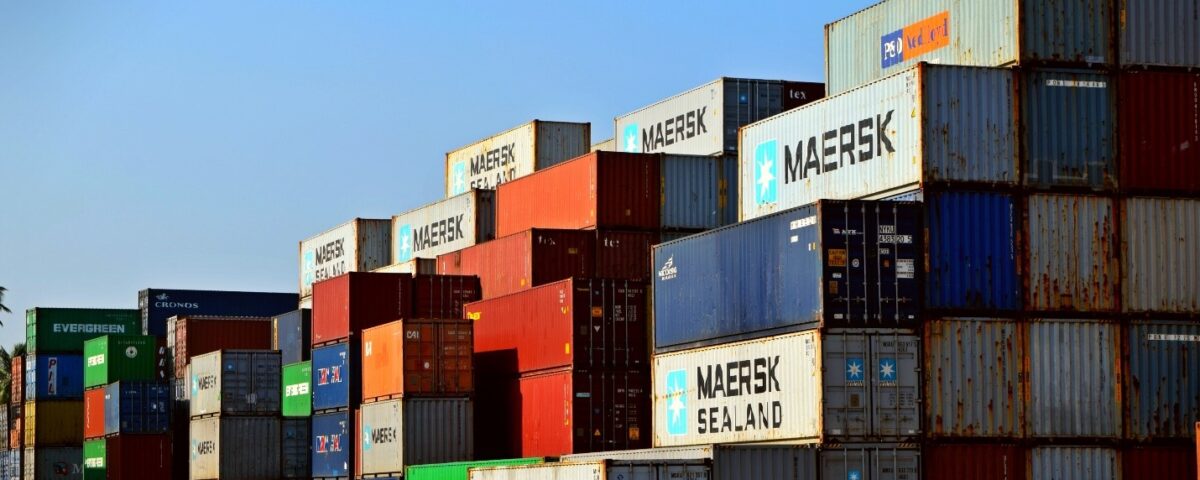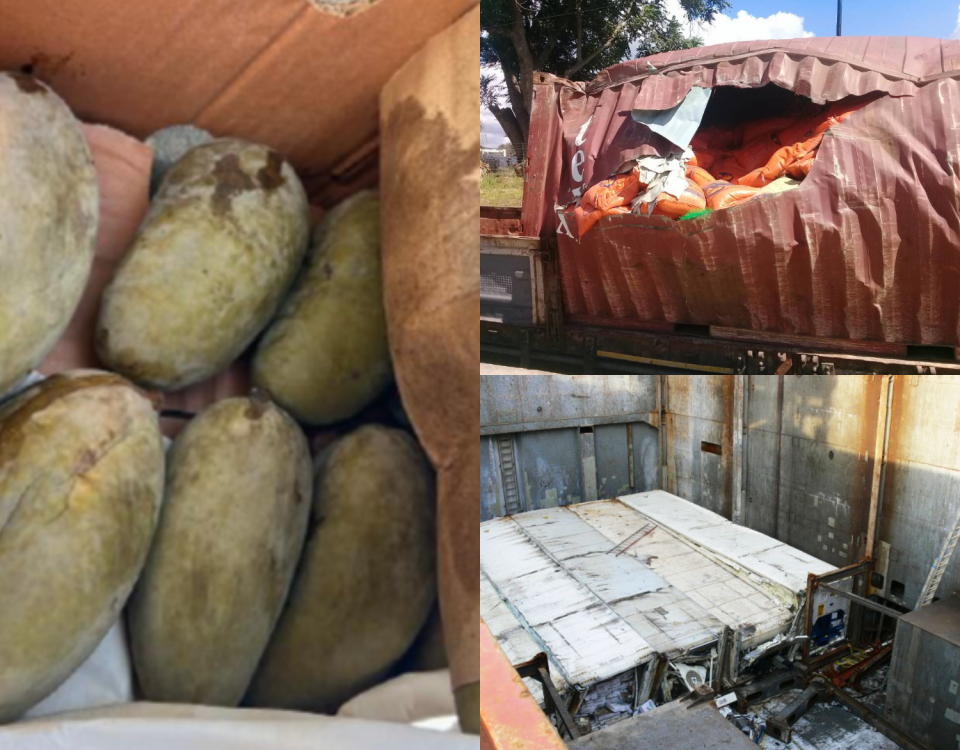Exporters Beware: Protect Yourself from First-Time Buyers

Demystifying Air Cargo Claims: Understanding the Essentials
May 12, 2023
Navigating Demurrage Fees: Strategies for Shippers to Minimize Loss
May 19, 2023Exporters often face the challenge of dealing with first-time buyers, which can be a risky endeavor, especially in today’s unpredictable global landscape. Protecting yourself from fraudulent or unreliable buyers is crucial for maintaining a successful export business. In this blog post, we will explore five key strategies that exporters can implement to safeguard their interests when dealing with first-time buyers.
- Avoid providing credit or accepting unfavorable payment terms.
One of the most important aspects of protecting yourself as an exporter is being cautious with payment arrangements. It is advisable to avoid offering credit to first-time buyers or accepting unfavorable payment terms. Request payment in advance or opt for more secure methods such as letters of credit or payment through reputable escrow services. By ensuring that you receive payment before the goods are shipped, you minimize the risk of non-payment or fraudulent activity.
- Obtain evidence of cargo condition at origin.
To protect yourself from potential disputes over damaged or substandard goods, it is essential to have solid evidence that the cargo was loaded in good condition at the origin. This evidence can include detailed documentation, photographs, and even video footage of the loading process. By having this evidence readily available, you can effectively refute any baseless claims made by dishonest buyers.
- Don’t solely rely on insurance coverage.
While having insurance coverage is a wise step in managing export risks, it is crucial not to solely rely on it as your primary protection against fraud or disputes. Insurance policies often have exclusions and unclear claim settlement terms, which can leave you exposed to financial losses. Therefore, it is essential to combine insurance coverage with other protective measures, such as the strategies mentioned in this article.
- Clearly communicate expectations and require evidence.
Clear- written communication with your buyer is key to establishing trust and ensuring a smooth export transaction. Provide clean preshipment documentation to reject unfounded claims. Communicate that any cargo quality issues must be supported with survey reports, damaged cargo and container pictures, and loss mitigation evidence. Make it clear that failure to provide this evidence will result in no offset or compensation being accepted. This approach sets a standard of professionalism and deters fraudulent buyers who may be unwilling to meet these requirements.
- Vet buyer before shipping goods.
Exporters prioritize buyer vetting before shipping goods to ensure a secure transaction. They conduct comprehensive background checks, verifying the buyer’s financial stability and reputation in the industry. Additionally, exporters may request references from previous suppliers and use credit reports to assess the buyer’s reliability and creditworthiness.
Protecting yourself from first-time buyers is crucial for exporters looking to avoid fraud and financial losses in 2023. By implementing these five strategies, exporters can significantly reduce the risk associated with unrecovered invoices for the goods delivered. Remember, building a genuine trading partnership takes time, so prioritize your own protection and vet new partners carefully.



